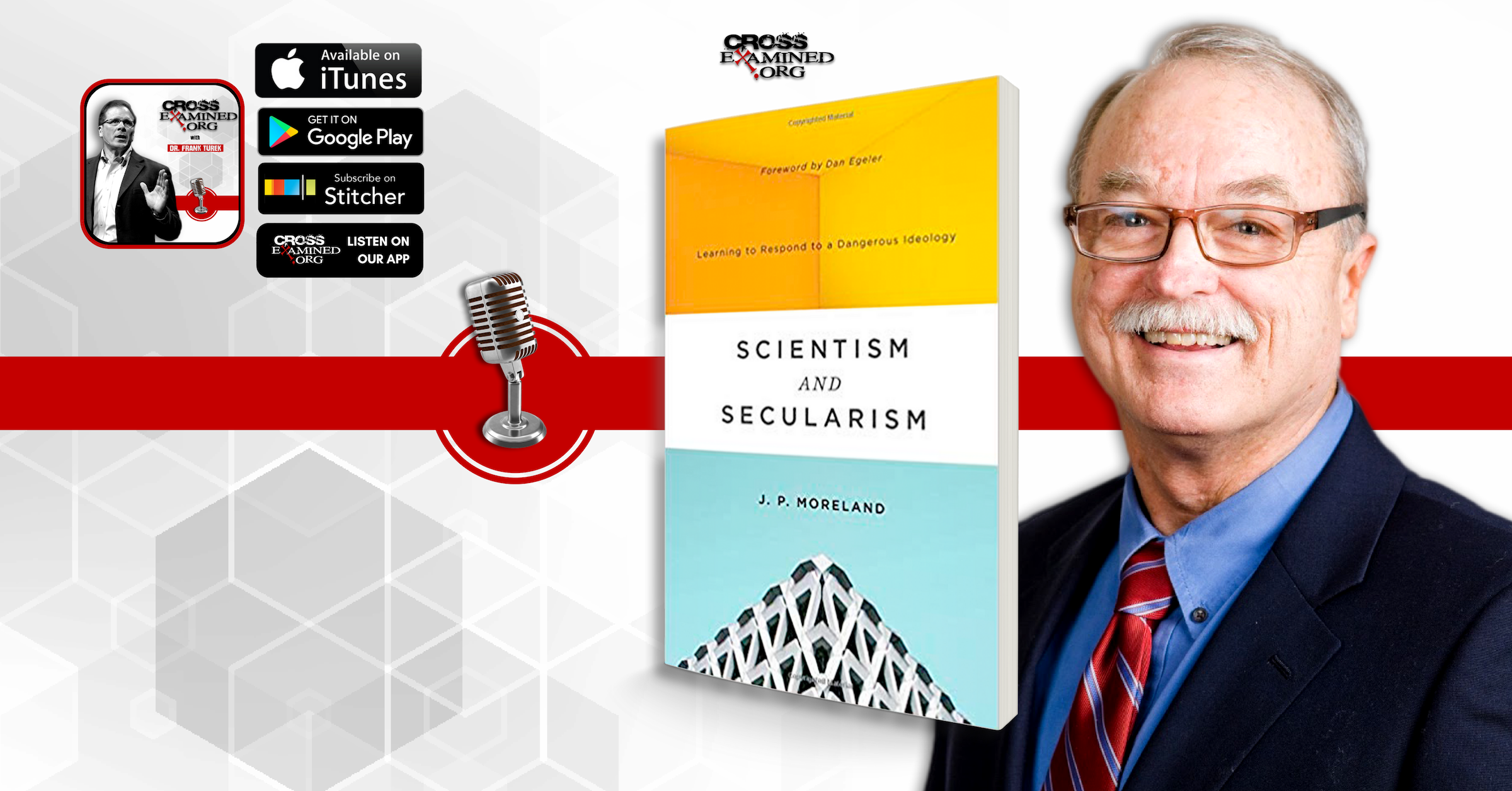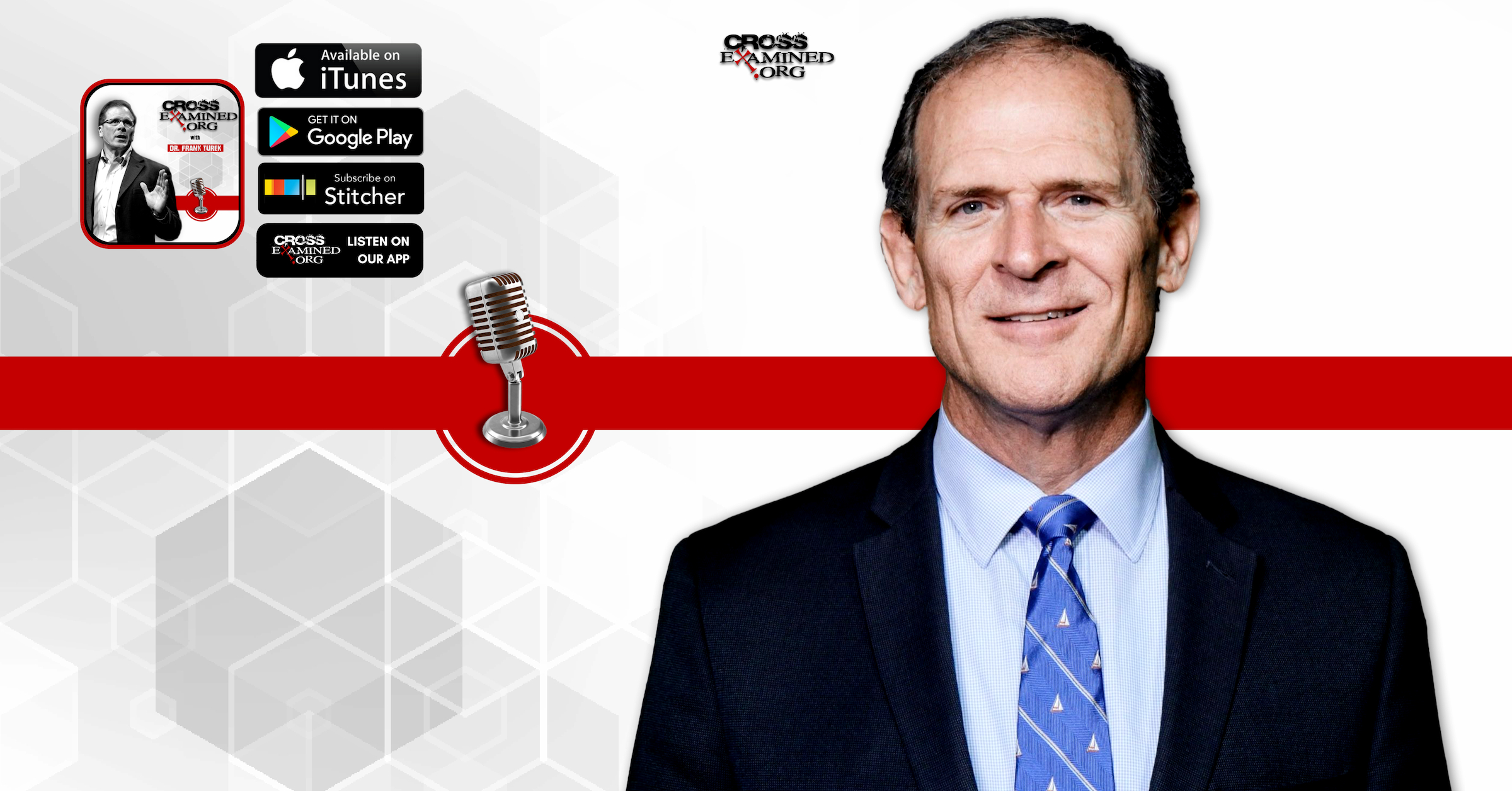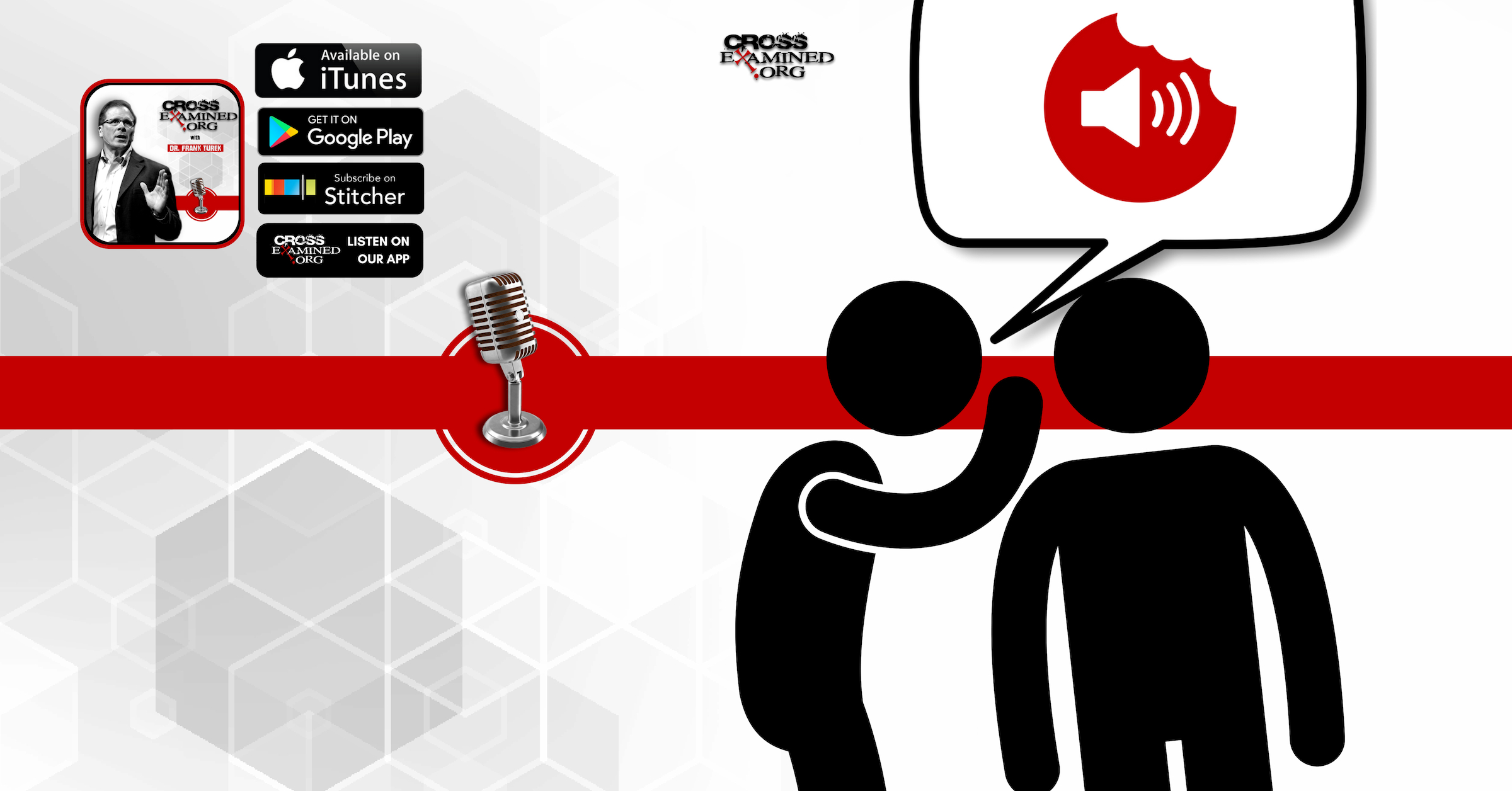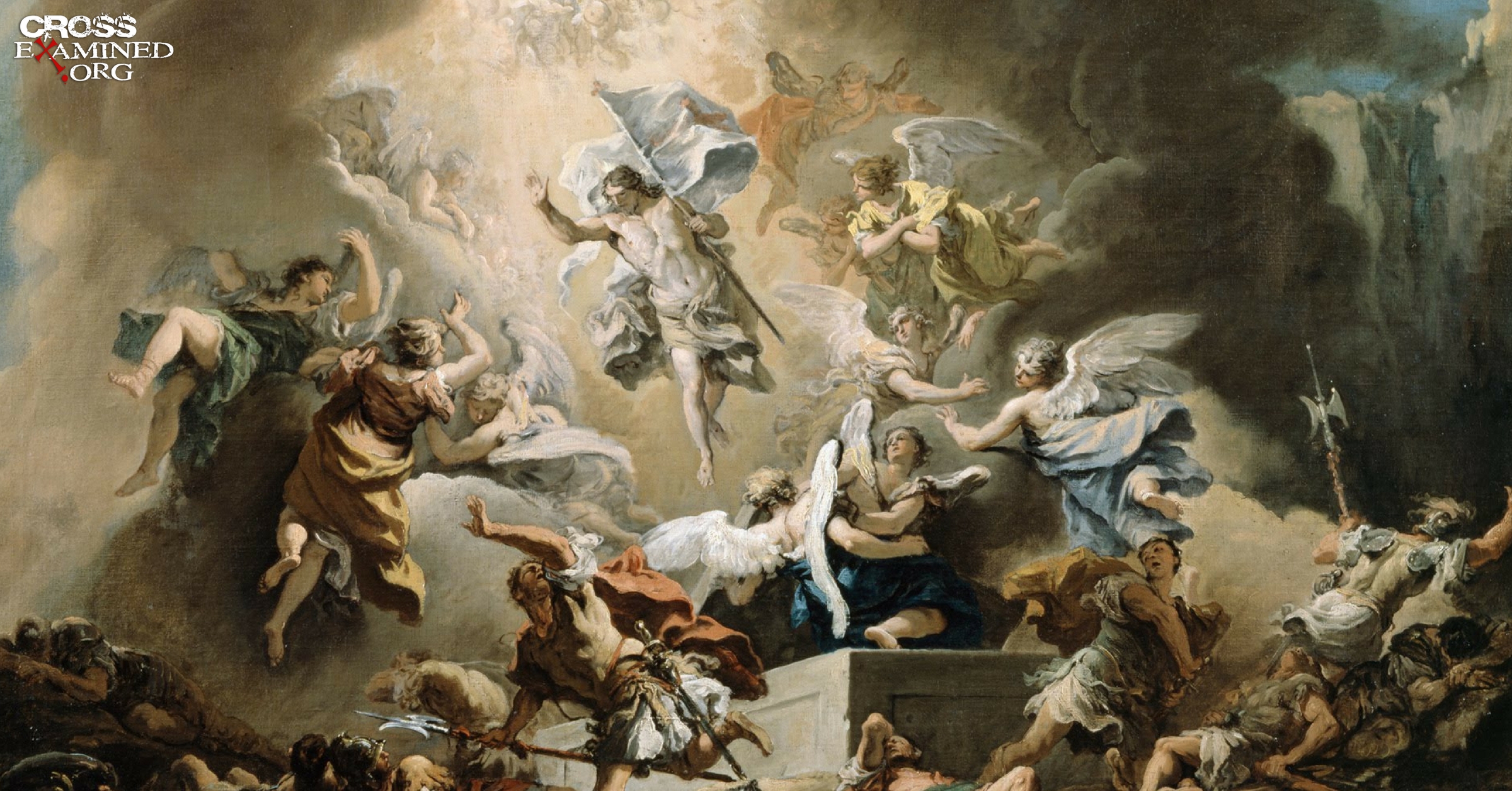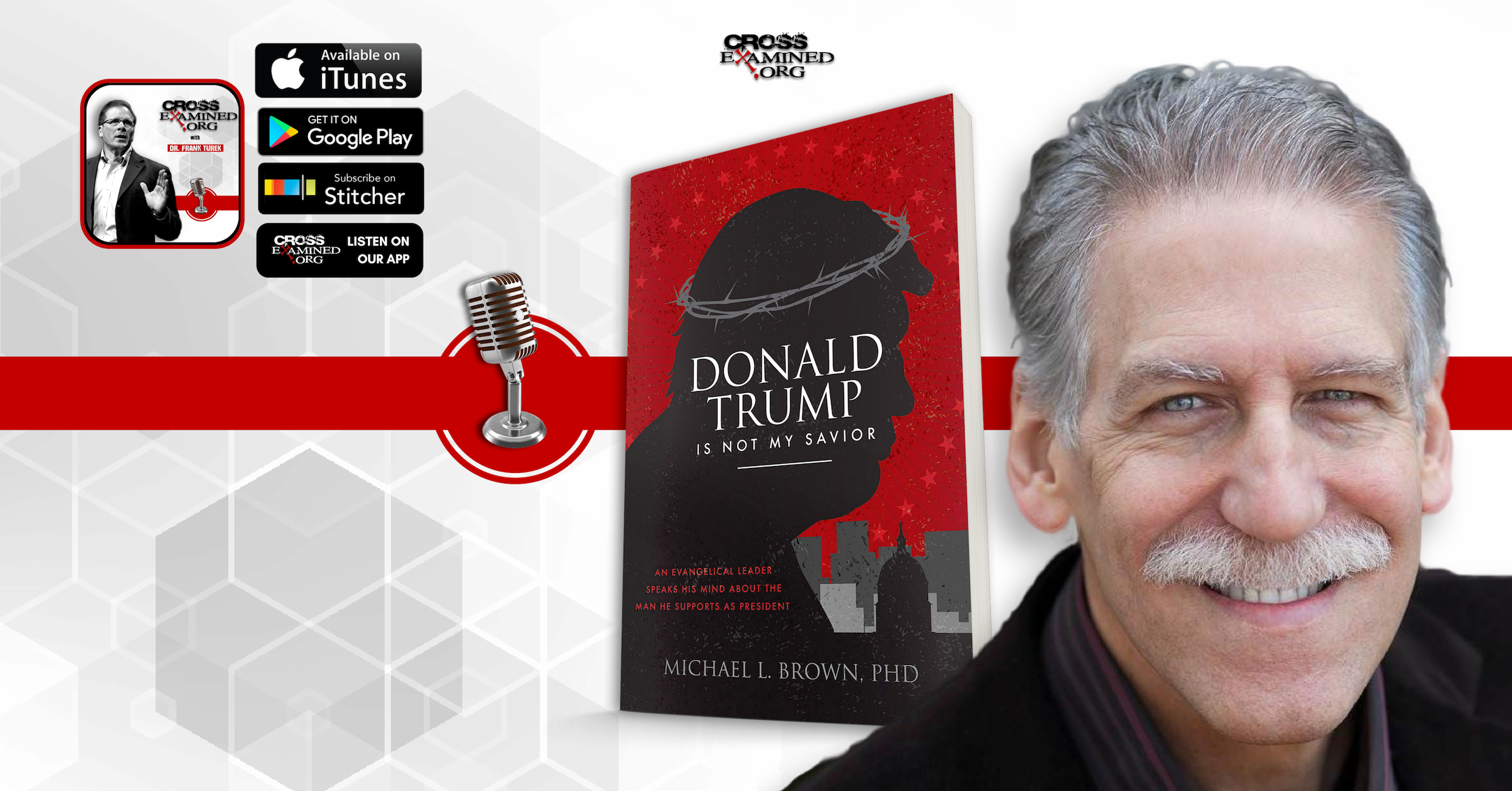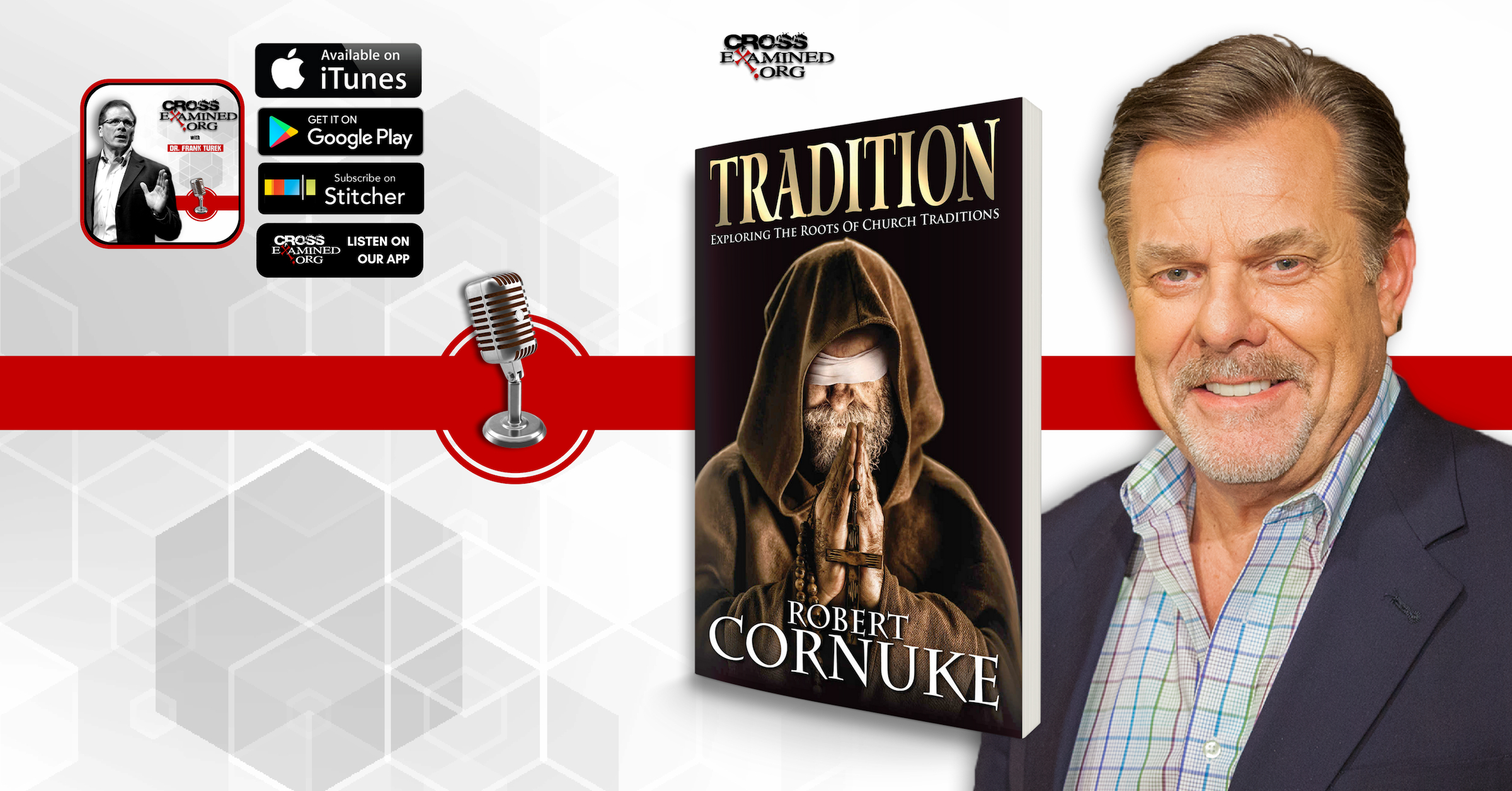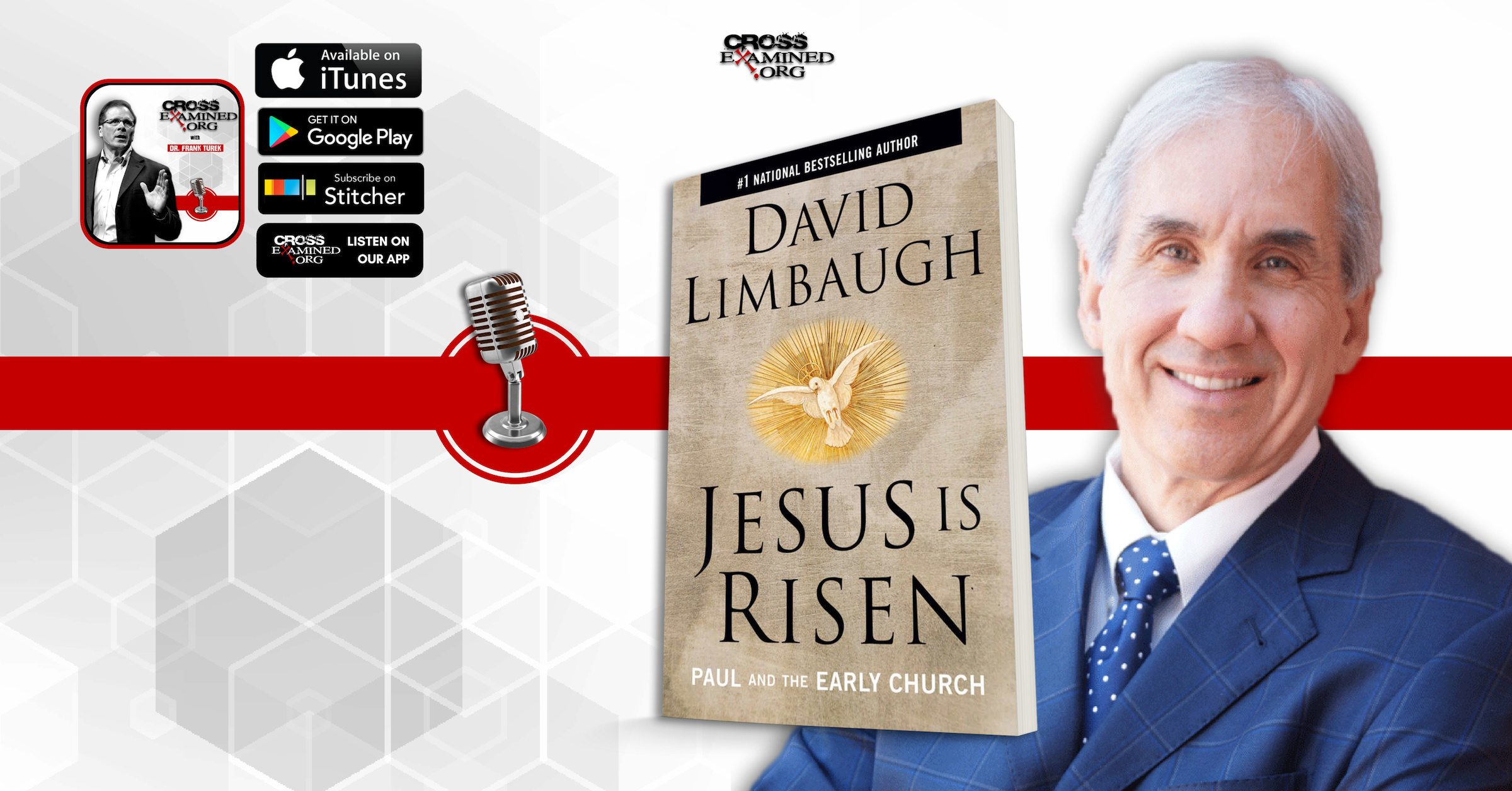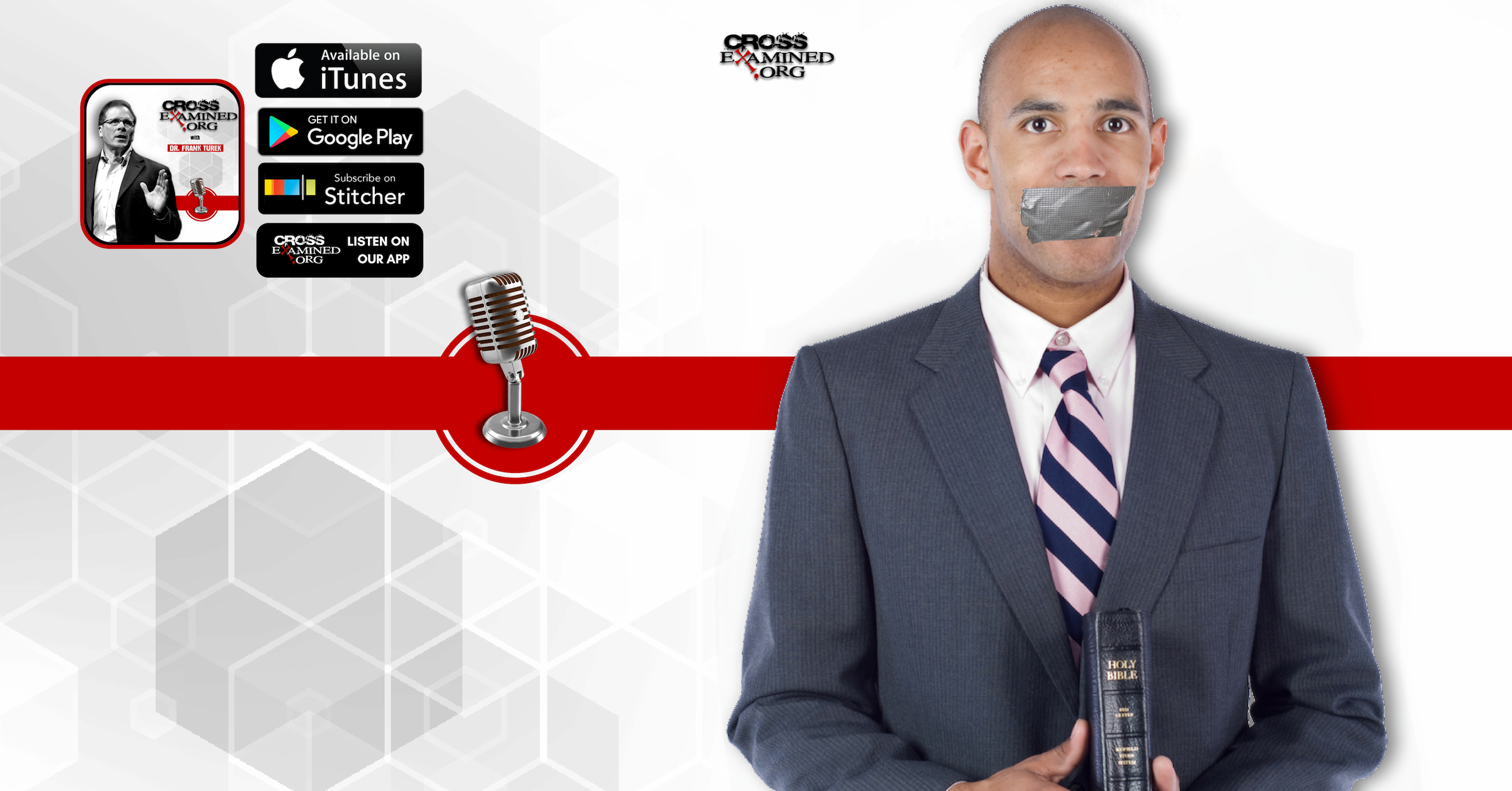By Frank Turek
Is Christianity true just because the infallible Bible says it is? No. Christianity would still be true even if the Bible had never been written.
Let me explain.
It is a common belief prevailing among some Christians today that what we know about Christianity is dependent on an infallible Bible. This is true, but we know that there are several non-Christian writers from the ancient world who make brief references to first-century events and the beliefs of early Christians, corroborating what we read in the New Testament. We also know that there are a growing number of archaeological finds that support characters and events in Christian history.
But some of us mistakenly think that Christian beliefs cannot be sustained unless the Bible is without error. That would mean that the Christian faith is a house of cards ready to collapse if a verse or reference in the New Testament is found to be false.
While I think these are good reasons to believe in an inerrant Bible , inerrancy is an unnecessarily high standard by which the central event in Christianity is set: the resurrection of Jesus of Nazareth. Christianity is dependent on that historical event. If Christ rose from the dead, then the game is over—Christianity is true. On the other hand, if He did not rise from the dead, then, as a first-century eyewitness by the name of Paul admitted, Christianity is false.
But you don’t need infallible sources to establish that the Resurrection really happened, or any other historical event of that significance. For example, if I find an error in the stat line of a football game, should I assume that every game, story, and stat line in the newspaper was a complete fabrication? So why do some people do that with the New Testament? Why do they assume that unless every word is true, then most of it is false?
They assume this because they are confusing the fact of the Resurrection with reports of the Resurrection. Conflicting reports of a historical event are evidence that the event actually occurred, not the other way around. In other words, to return to our sports analogy, the only reason there is an error in the stat line is because the game was played and someone attempted to report on that game. Neither the stat line nor the error would exist unless the game was actually played. After all, who reports on a game that did not actually take place?
The same is true of the documents that comprise the New Testament and the Resurrection. Even if one were to find an error or disagreement among the multiple accounts of the Resurrection story, the fact that there are multiple eyewitness testimonies shows that something dramatic really did happen in history, especially since the people who wrote it had everything to lose by proclaiming that Jesus rose from the dead.
That is, all of the New Testament reporters (except Luke) were observant Jews who would pay dearly for proclaiming the Resurrection. Why would Jewish believers in Yahweh, the people who thought they were “God’s chosen people” for two thousand years, make up a Resurrection story that would get them excommunicated from the “chosen people” club, and then beaten, tortured, and murdered?
Answer: They wouldn’t. They saw something dramatic that they didn’t expect. They then proclaimed it, changed their lives because of it, and later wrote about it, despite the fact that doing any of that would kill them.
So Christianity is not true just because the Bible says it is true. Christianity is true because an event occurred. It is true that we would not know much about Christianity if the reports of the Resurrection had never been written, but the Resurrection preceded the reports of the Resurrection.
When my friend Andy Stanley asks, “Do you realize there were thousands of Christians before a line of the New Testament was ever written?” Paul was a Christian before he wrote a word of the New Testament. So was Matthew, John, James, Peter, etc. Why? Because they had witnessed the resurrected Jesus.
Contrary to what some skeptics may think, the New Testament writers did not create the Resurrection—the Resurrection created the New Testament writers. In other words, the New Testament documents did not give us the Resurrection. The Resurrection gave us the New Testament documents! There would be no New Testament unless the Resurrection had occurred. The Jewish witnesses would never have made that up.
This is why the core beliefs of Christianity—what C.S. Lewis called Mere Christianity— are true, even if the reports were flawed. Getting details wrong in reporting the Resurrection doesn’t change the larger point that the Resurrection actually happened. In fact, if all the records agreed on every detail, we would rightly assume that they colluded. Actual eyewitnesses never describe the same historical event in the same way.
For example, survivors of the Titanic disagreed on how the ship sank. Some say it broke in two, then sank. Others say the ship sank as a whole. Does that disagreement mean we shouldn’t believe the Titanic sank? Of course not. They all agree on that! They were just looking at the same historical event from different points of view.
Likewise, all the writers agree that the Resurrection occurred, but they differ on minor details (Who arrived at the tomb first? Did you see one or two angels? etc.). And these differences are not necessarily contradictions, but the natural result of viewing the same historical event from different points of view.
The historical documents we have collected, and put into a collection we call the New Testament, are simply what their name implies: they are testimonies or reports of what honorable people have witnessed, and they had no reason to make things up. In fact, given who they were and how they suffered, they had every reason to say it wasn’t true. And there are a number of other excellent reasons that show that it takes more faith to be an atheist than a Christian.
So, inerrant Bible or not, the Resurrection we celebrate on Sunday actually happened about 1,985 years ago. That means you can trust that one day you will be resurrected like Jesus if you trust in Him.
Dr. Frank Turek (D.Min.) is an award-winning author and frequent college speaker who hosts a weekly television show on DirectTV and a radio program that airs on 186 stations nationwide. His books include I Don’t Have Enough Faith to be an Atheist and Stealing from God: Why atheists need God to make their case.
Original Blog: http://bit.ly/2PAirNv
Translated by Malachi Toro Vielma
Edited by Maria Andreina Cerrada

